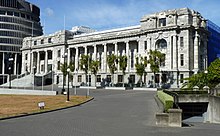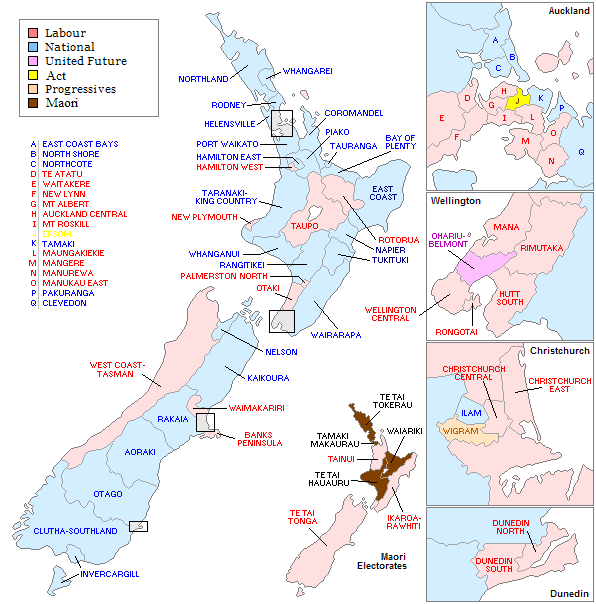The Green Party of Aotearoa New Zealand, commonly known as Green or the Greens, is a green political party in New Zealand. Like many green parties around the world, it has four pillars. The party's ideology combines environmentalism with social democratic economic policies, including well-funded and locally controlled public services within the confines of a steady-state economy. Internationally, it is affiliated with the Global Greens.
The Alliance was a left-wing political party in New Zealand. It was formed at the end of 1991 by the linking of four smaller parties. The Alliance positioned itself as a democratic socialist alternative to the centre-left New Zealand Labour Party. It was influential throughout the 1990s, but suffered a major setback after its founder and leader, Jim Anderton, left the party in 2002, taking with him several of its members of parliament (MPs). After the remaining MPs lost their seats in the 2002 general election, some commentators predicted the demise of the party.

The 2002 New Zealand general election was held on 27 July 2002 to determine the composition of the 47th New Zealand Parliament. It saw the reelection of Helen Clark's Labour Party government, as well as the worst-ever performance by the opposition National Party.

The 1999 New Zealand general election was held on 27 November 1999 to determine the composition of the 46th New Zealand Parliament. The governing National Party, led by Prime Minister Jenny Shipley, was defeated, being replaced by a coalition of Helen Clark's Labour Party and the smaller Alliance. This marked an end to nine years of the Fourth National Government, and the beginning of the Fifth Labour Government which would govern for nine years in turn, until its loss to the National Party in the 2008 general election. It was the first New Zealand election where both major parties had female leaders.

Nándor Steven Tánczos is a New Zealand social ecologist, researcher, educator, activist and political commentator. He is currently a councillor in the Whakatāne District Council. He is also co-director of He Puna Manawa social and political change agency.
Te Pāti Māori, also known as the Māori Party, is a political party in New Zealand advocating Māori rights. With the exception of a handful of general electorates, Te Pāti Māori contests the reserved Māori electorates, in which its main rival is the Labour Party.

The 47th New Zealand Parliament was a term of the Parliament of New Zealand. Its composition was determined by the 2002 election, and it sat until 11 August 2005.

The 46th New Zealand Parliament was a term of the New Zealand Parliament. Its composition was determined by the 1999 election, and it sat until the 2002 election.

Māori politics is the politics of the Māori people, who were the original inhabitants of New Zealand and who are now the country's largest minority.
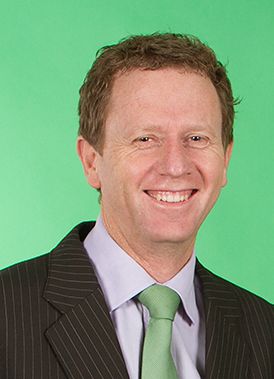
Russel William Norman is a New Zealand politician and environmentalist. He was a Member of Parliament and co-leader of the Green Party. Norman resigned as an MP in October 2015 to work as Executive Director of Greenpeace Aotearoa New Zealand.

The 2008 New Zealand general election was held on 8 November 2008 to determine the composition of the 49th New Zealand Parliament. The liberal-conservative National Party, headed by its parliamentary leader John Key, won the largest share of votes and seats, ending nine years of government by the social-democratic Labour Party, led by Helen Clark. Key announced a week later that he would lead a National minority government with confidence-and-supply support from the ACT, United Future and Māori parties. The Governor-General swore Key in as New Zealand's 38th Prime Minister on 19 November 2008. This marked the beginning of the Fifth National Government which governed for the next nine years, until the 2017 general election, when a government was formed between the Labour and New Zealand First parties, with support on confidence and supply by the Green Party.

The 49th New Zealand Parliament was elected at the 2008 election. It comprised 122 members, including an overhang of two seats caused by the Māori Party having won two more electorate seats than its share of the party vote would otherwise have given it. The Parliament served from December 2008 until the November 2011 election.

The 2011 New Zealand general election took place on Saturday 26 November 2011 to determine the membership of the 50th New Zealand Parliament.

David James Clendon is a New Zealand former politician. He was a list Member of Parliament in the New Zealand House of Representatives for the Green Party of Aotearoa New Zealand from 2009 until 2017. He later served one term on the Far North District Council from 2019 to 2022.

The 50th New Zealand Parliament was elected at the 2011 general election. It had 121 members, and was in place from December 2011 until September 2014, followed by the 2014 general election. The first sitting of the 50th Parliament was held on 20 December 2011, where members were sworn in and Lockwood Smith was elected Speaker of the House. This was followed by the speech from the throne on 21 December. John Key continued to lead the Fifth National Government. Following the resignation of Smith, David Carter was elected Speaker.
The Mana Movement, originally known as the Mana Party, was a political party in New Zealand. The party was led by Hone Harawira who formed it in April 2011 following his resignation from the Māori Party. Harawira won the by-election in Te Tai Tokerau of 25 June 2011 for the Mana Party and retained the seat during the 2011 general election in November.

The 51st New Zealand Parliament was elected at the 2014 general election. This Parliament consists of 121 members and was in place from September 2014 until August 2017, followed by the 2017 New Zealand general election. Following the final vote count John Key was able to continue to lead the Fifth National Government.
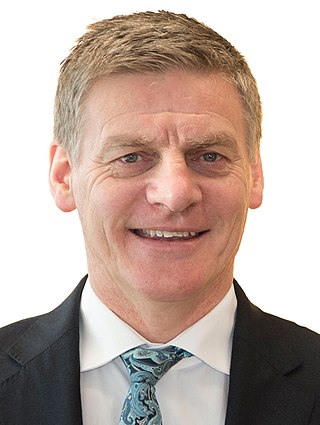
The 2017 New Zealand general election took place on Saturday 23 September 2017 to determine the membership of the 52nd New Zealand Parliament. The previous parliament was elected on 20 September 2014 and was officially dissolved on 22 August 2017. Voters elected 120 members to the House of Representatives under New Zealand's mixed-member proportional (MMP) voting system, a proportional representation system in which 71 members were elected from single-member electorates and 49 members were elected from closed party lists. Around 3.57 million people were registered to vote in the election, with 2.63 million (79.8%) turning out. Advance voting proved popular, with 1.24 million votes cast before election day, more than the previous two elections combined.
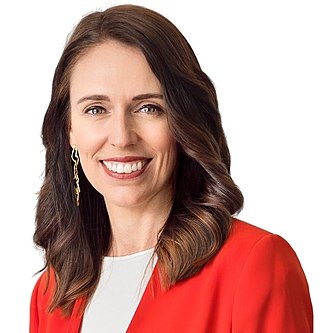
The 2020 New Zealand general election was held on Saturday 17 October 2020 to determine the composition of the 53rd New Zealand Parliament. Voters elected 120 members to the House of Representatives, 72 from single-member electorates and 48 from closed party lists. Two referendums, one on the personal use of cannabis and one on euthanasia, were also held on the same day. Official results of the election and referendums were released on 6 November.

The 53rd New Zealand Parliament was a meeting of the legislature in New Zealand. It opened on 25 November 2020 following the 17 October 2020 general election, and dissolved on 8 September 2023 to trigger the next election. It consisted of 120 members of Parliament (MPs) with five parties represented: the Labour and Green parties, in government, and the National, Māori and ACT parties, in opposition. The Sixth Labour Government held a majority in this Parliament. Jacinda Ardern continued as prime minister until her resignation on 25 January 2023; she was succeeded by Chris Hipkins.
